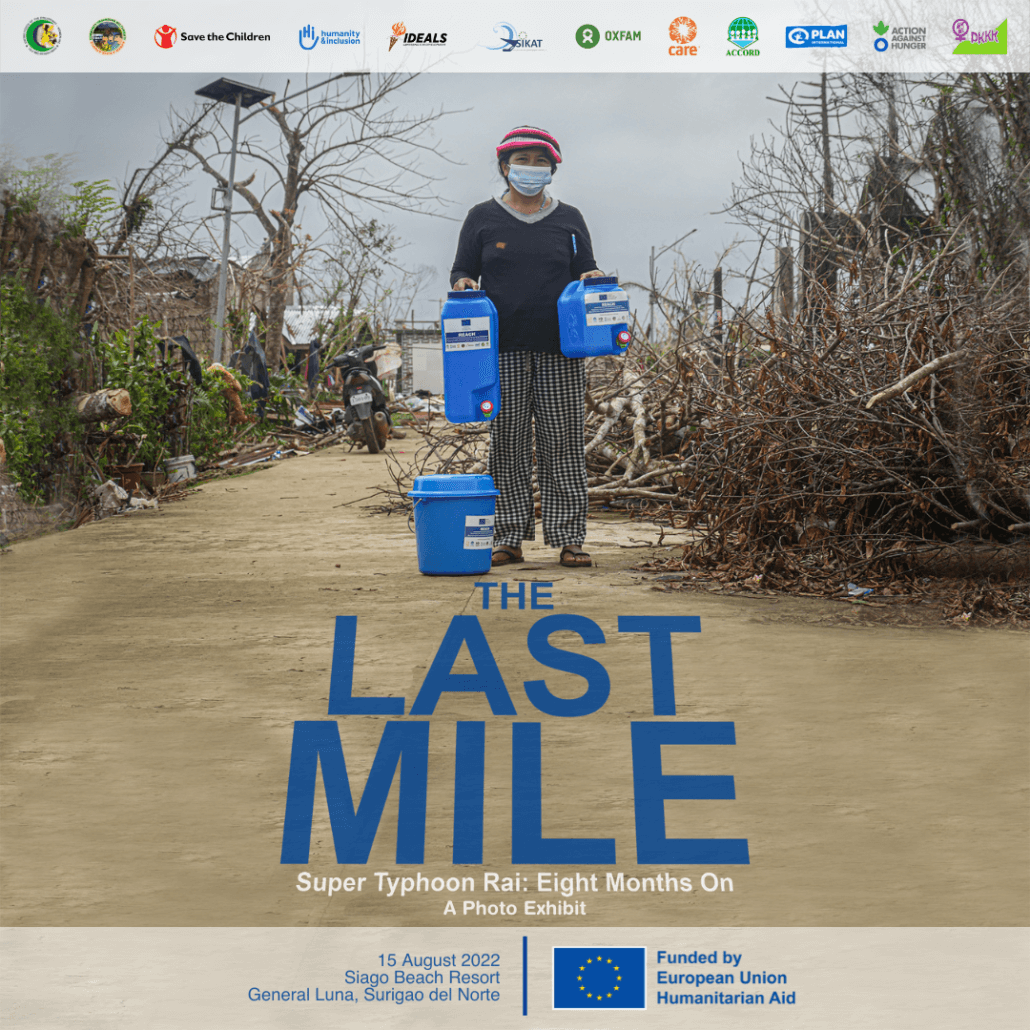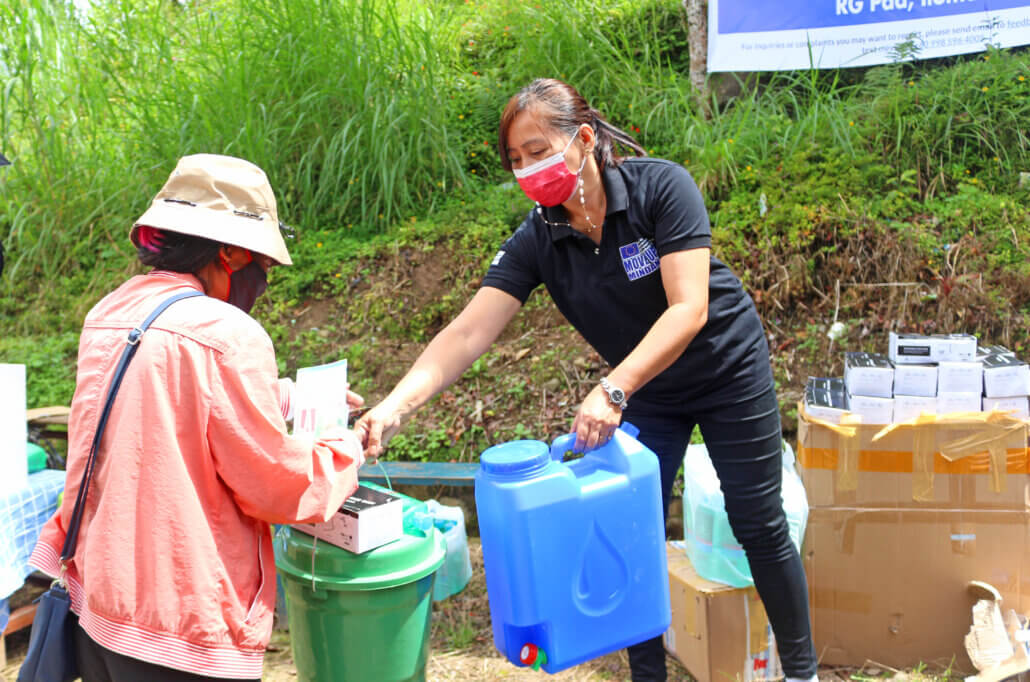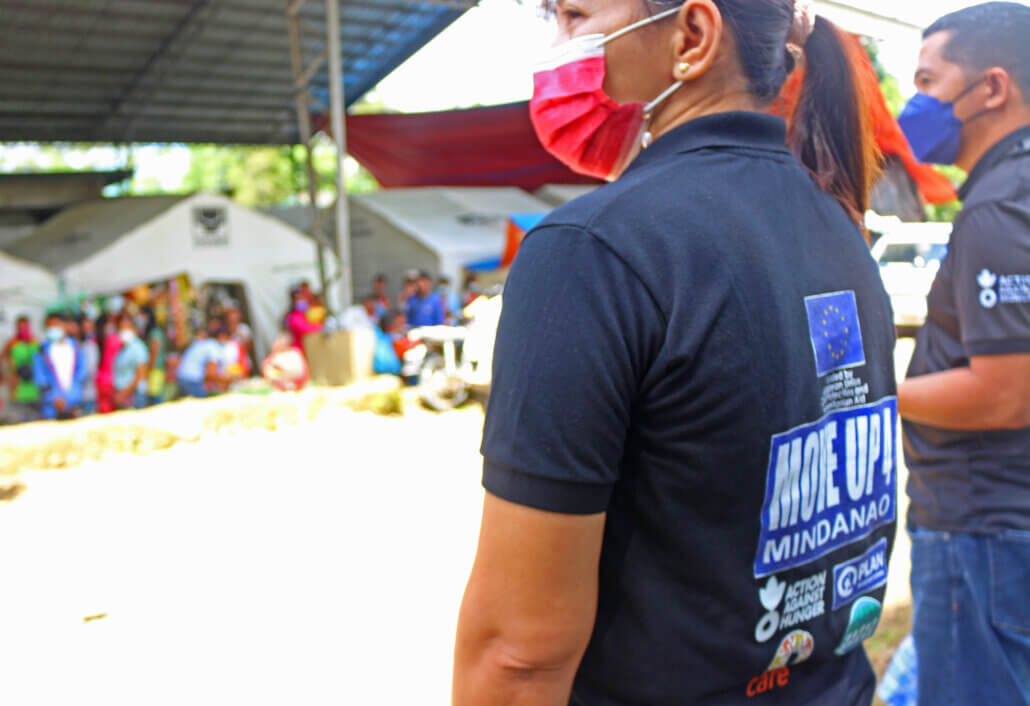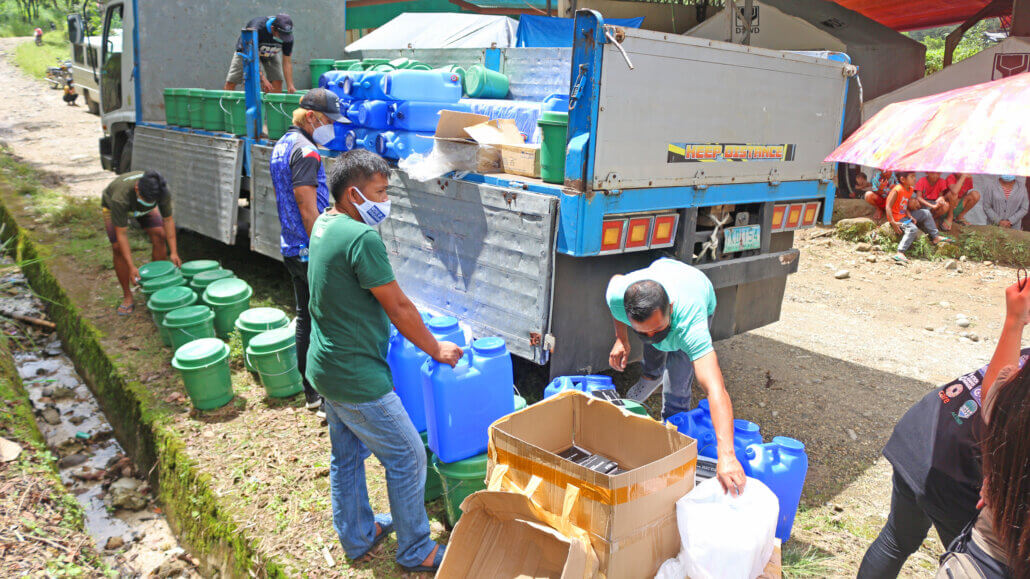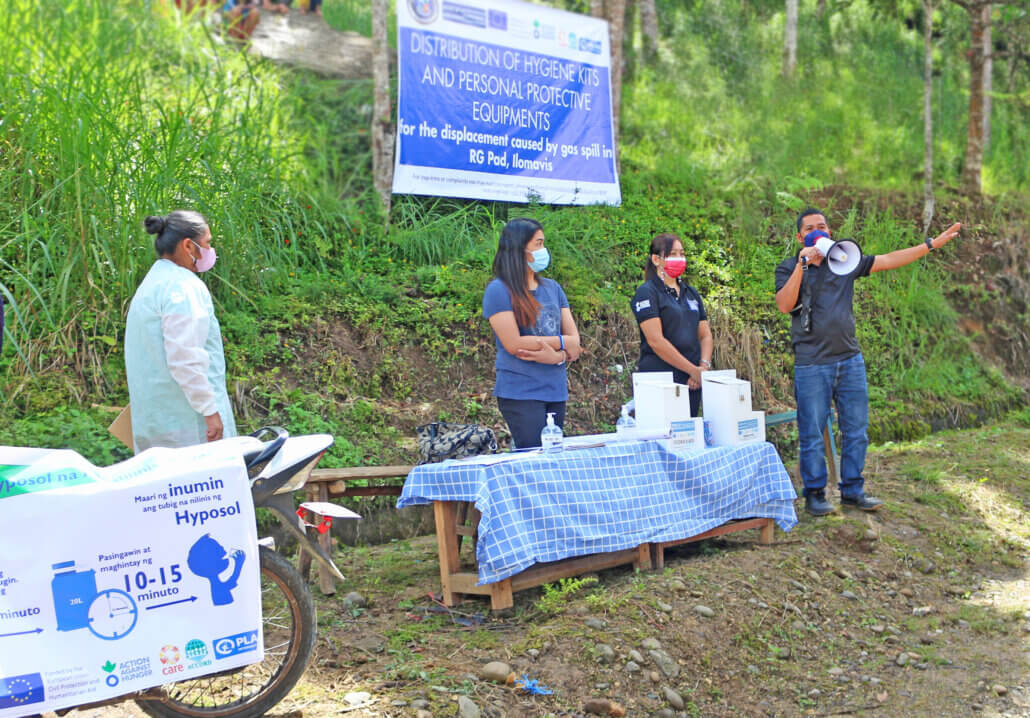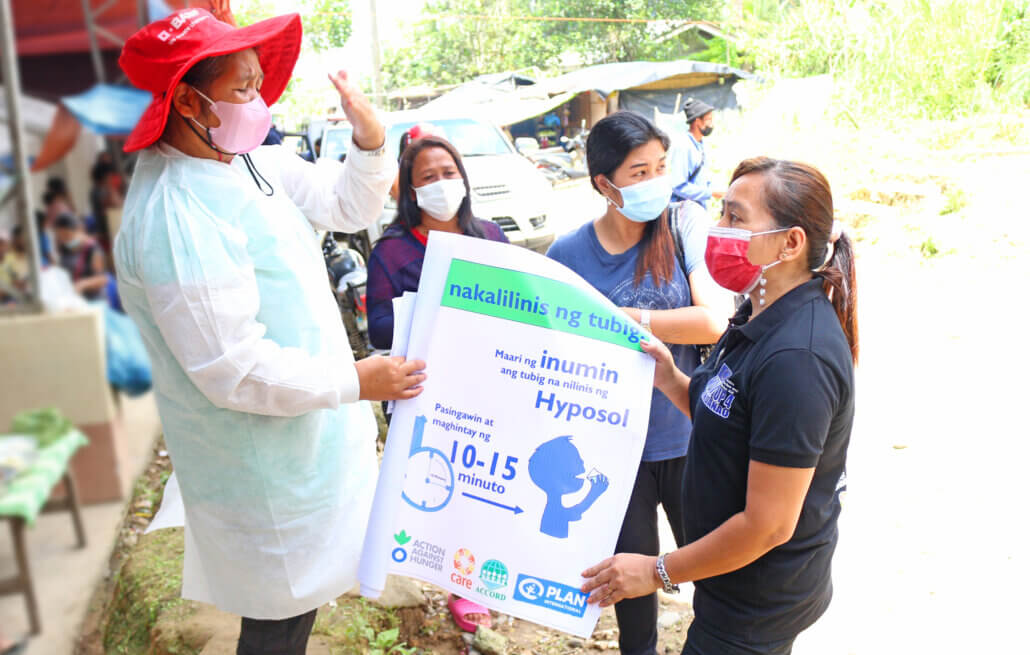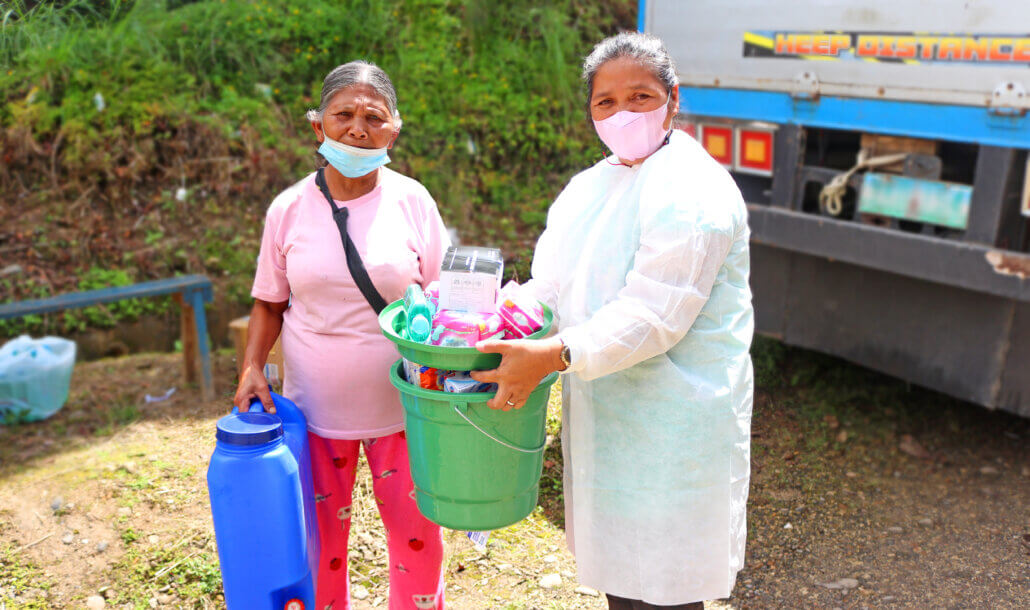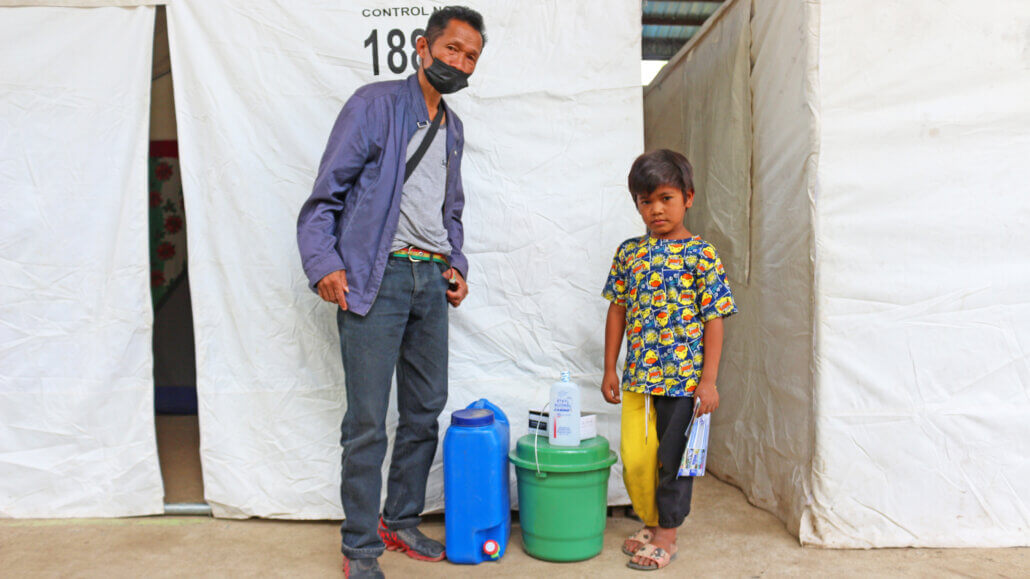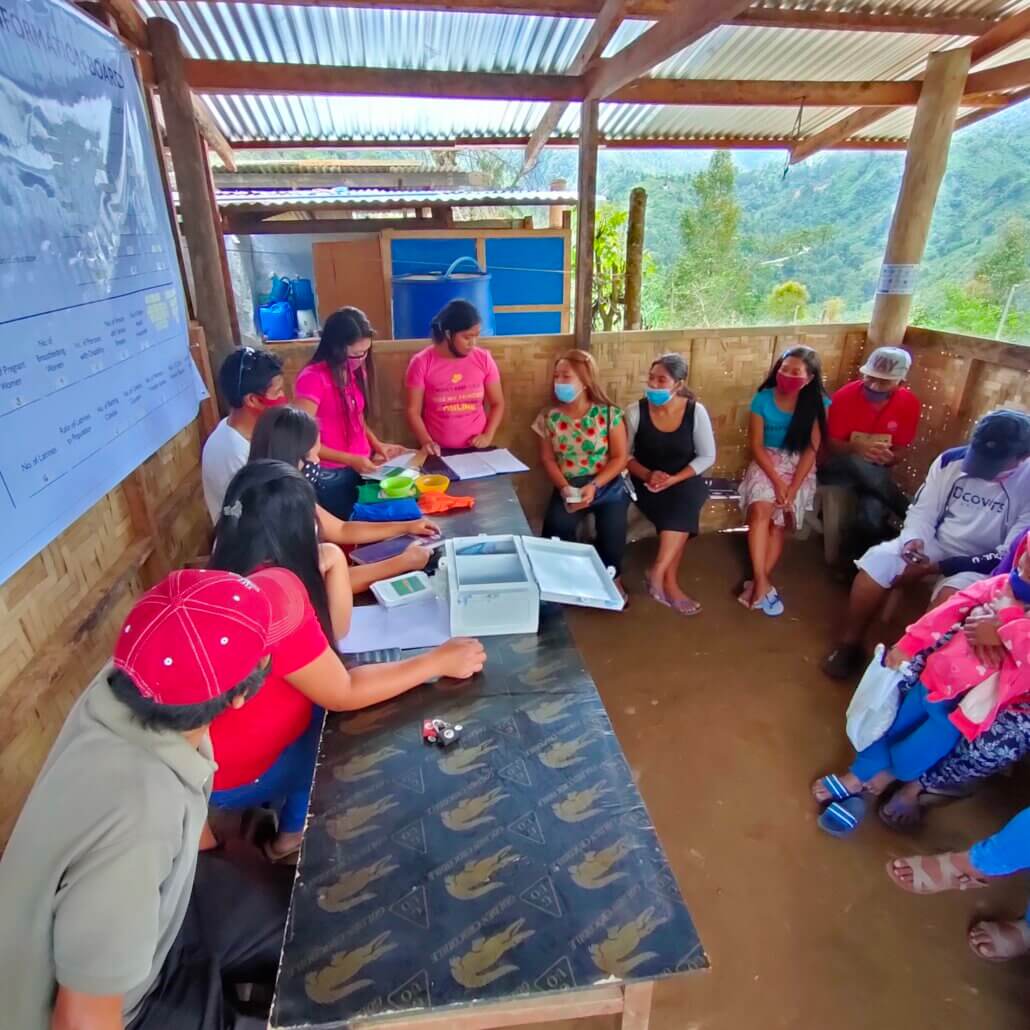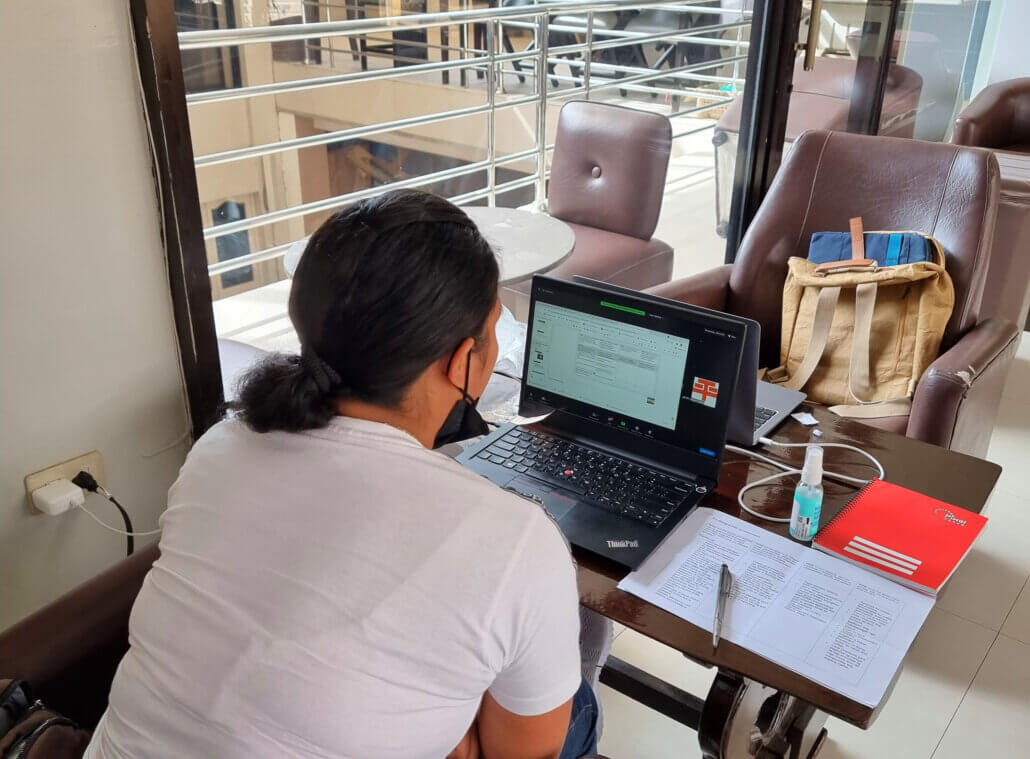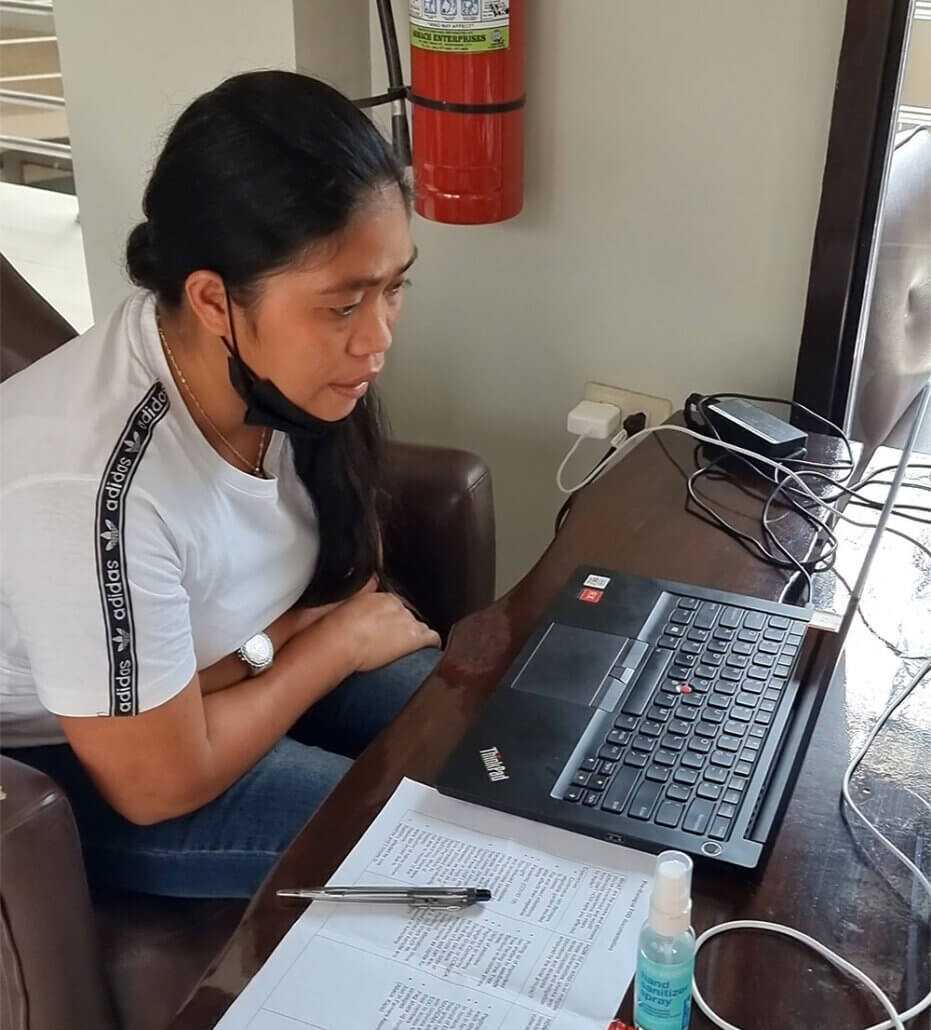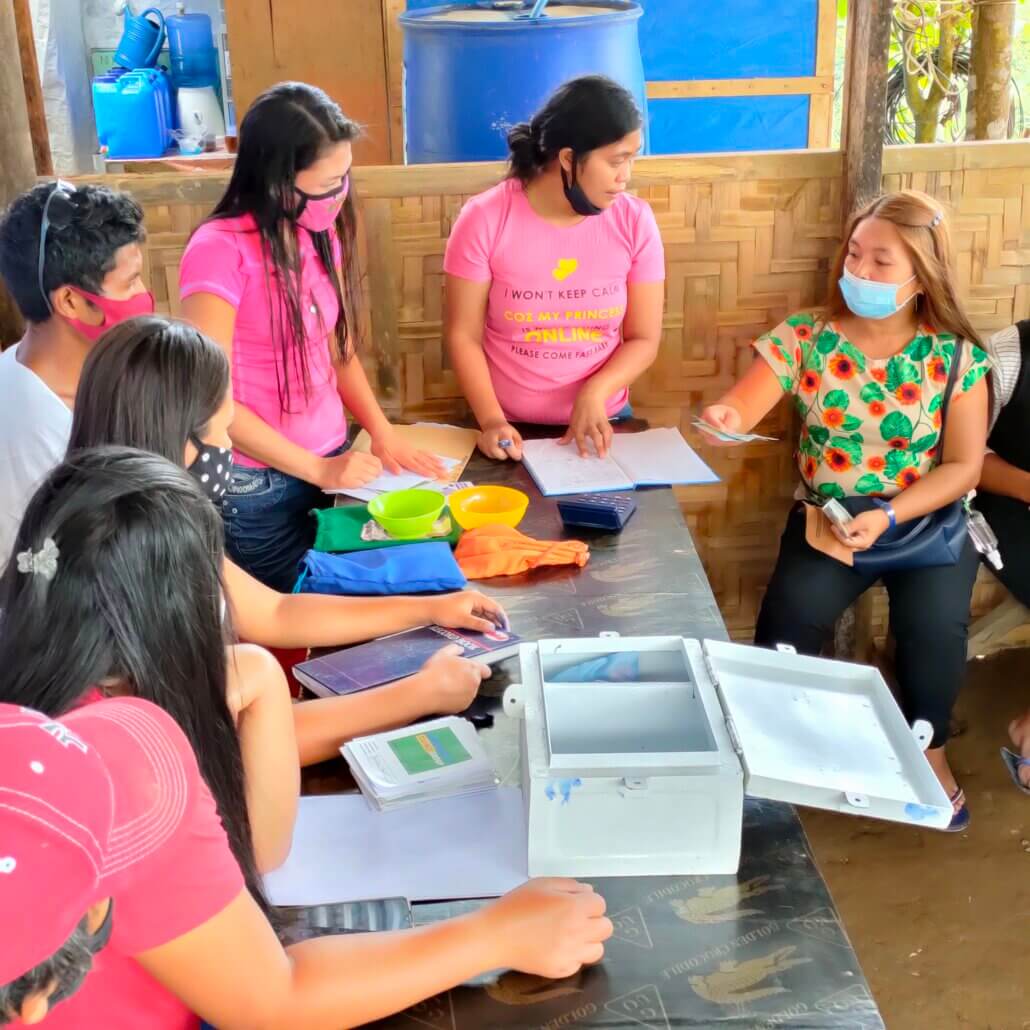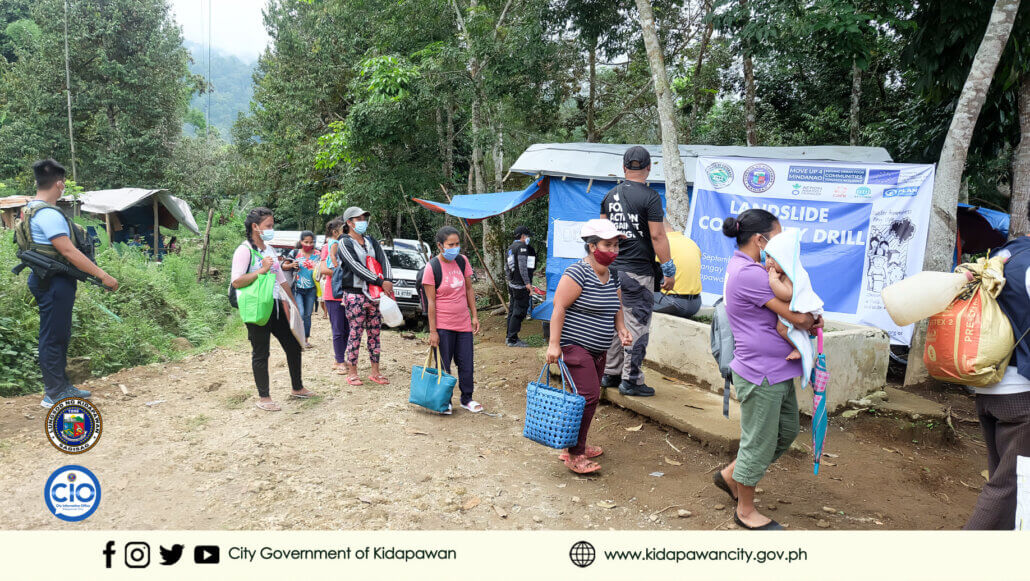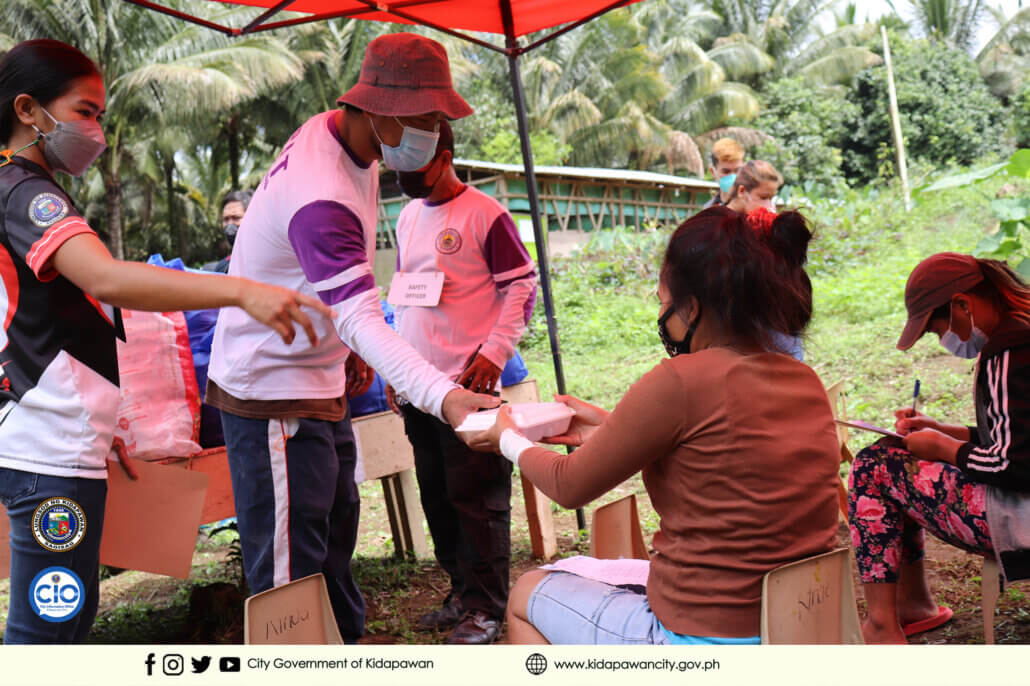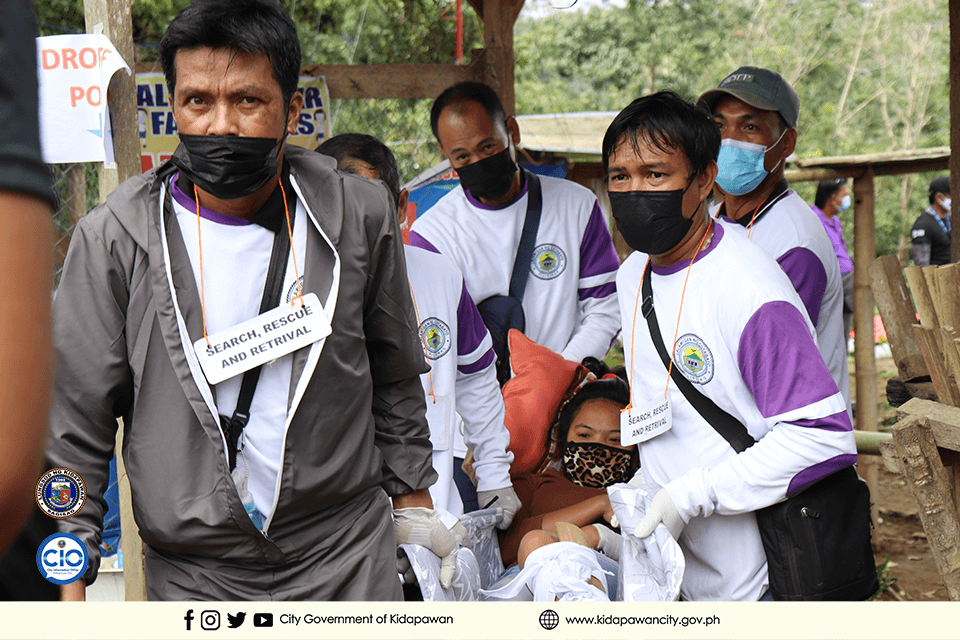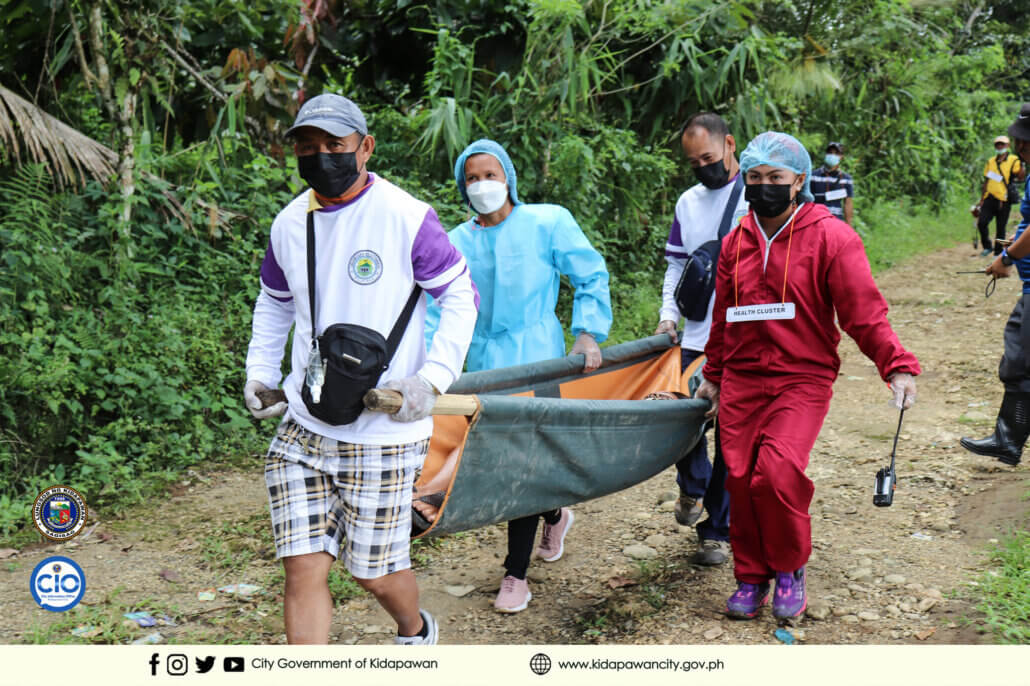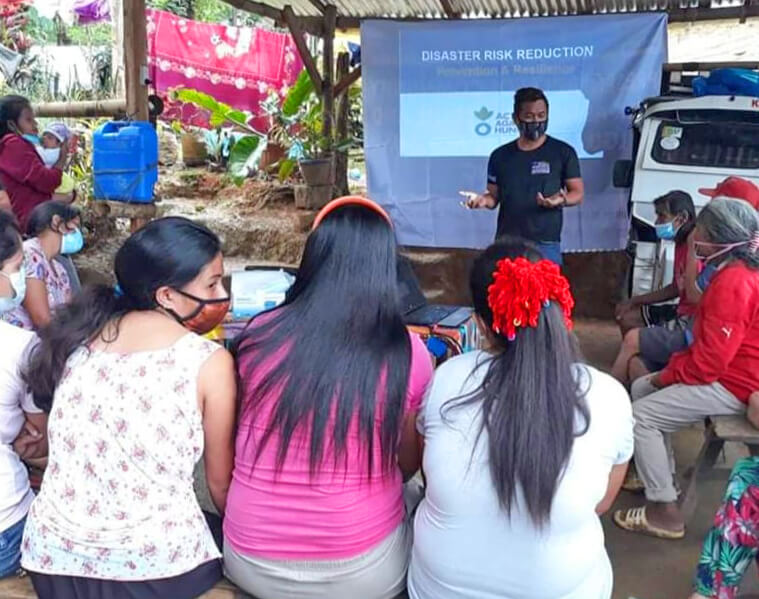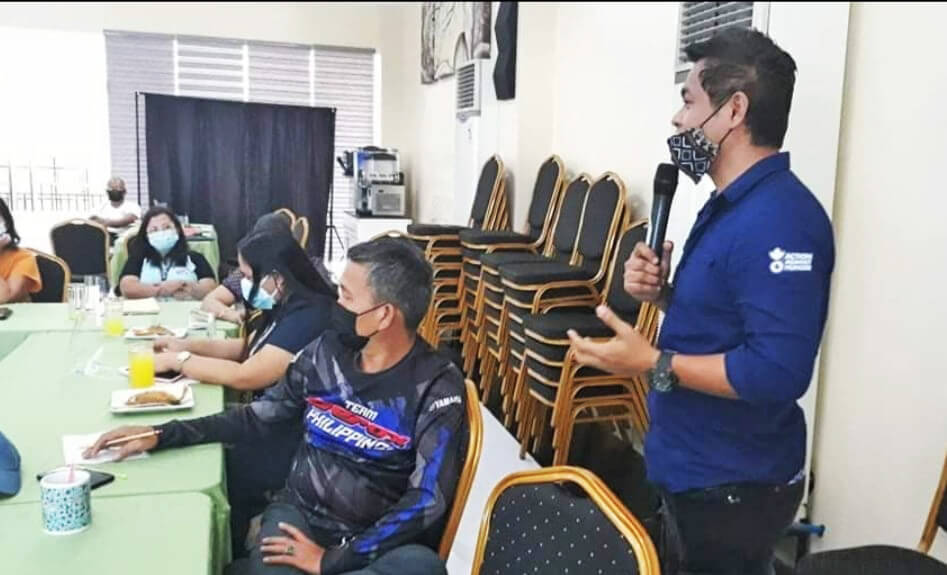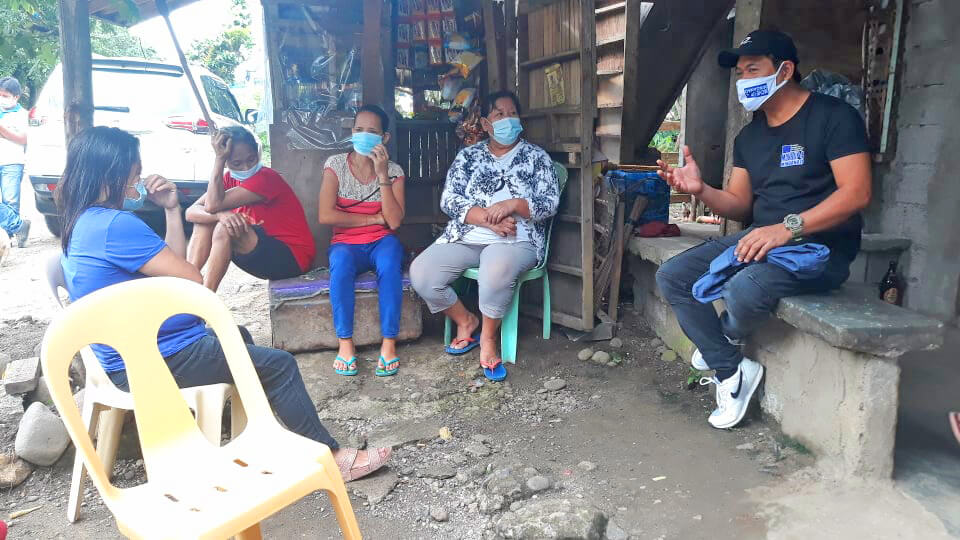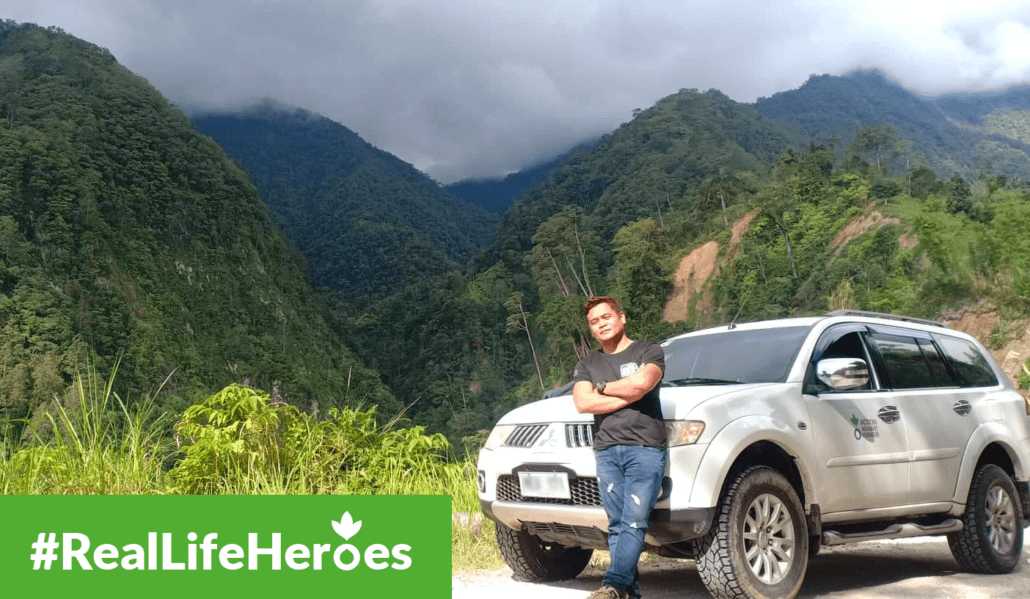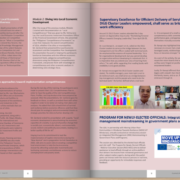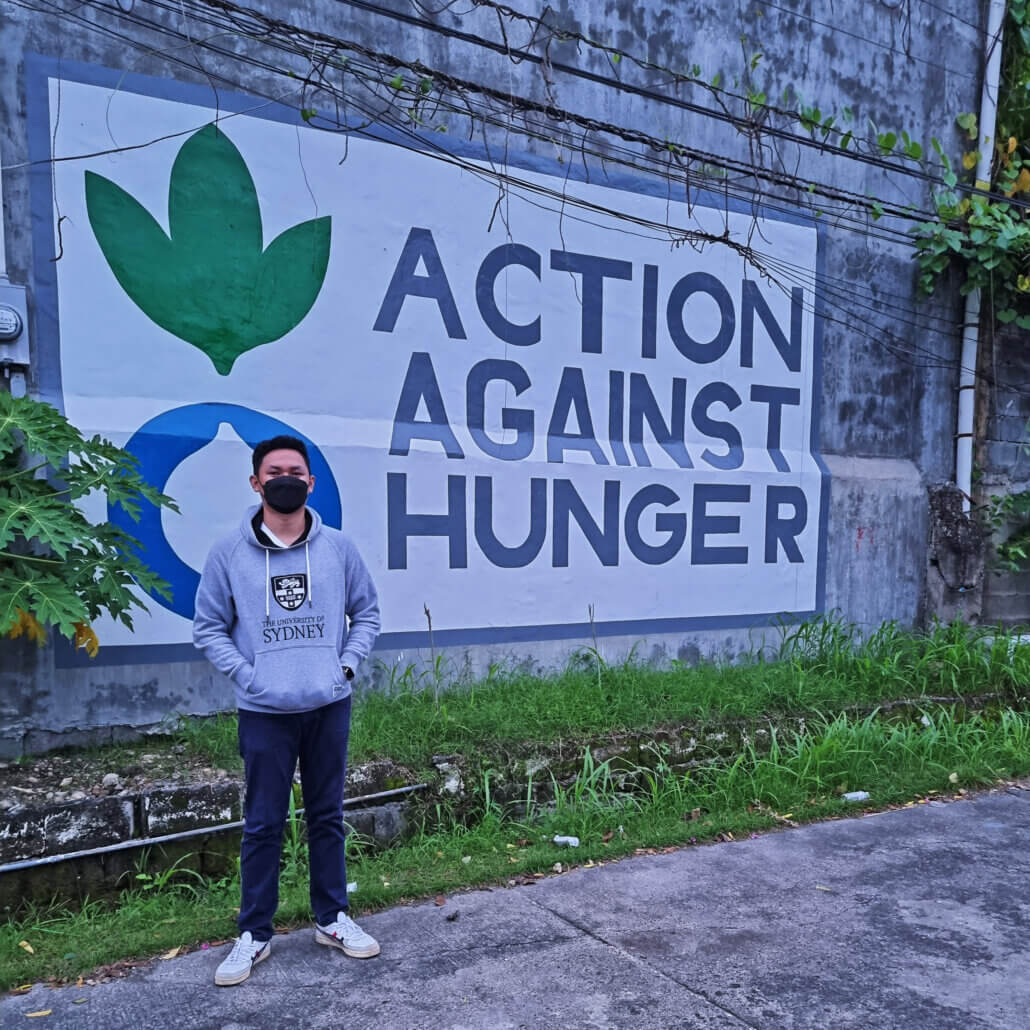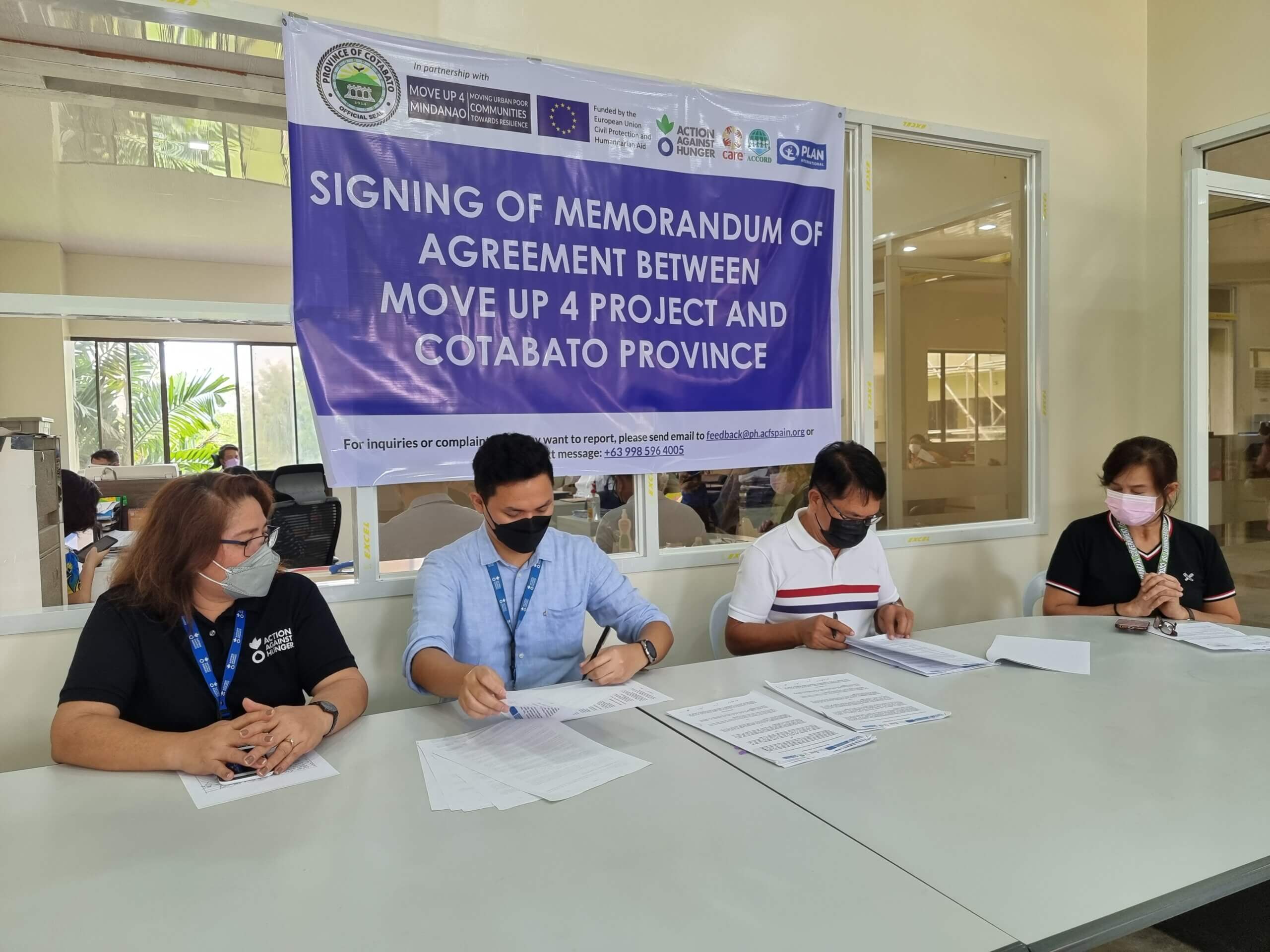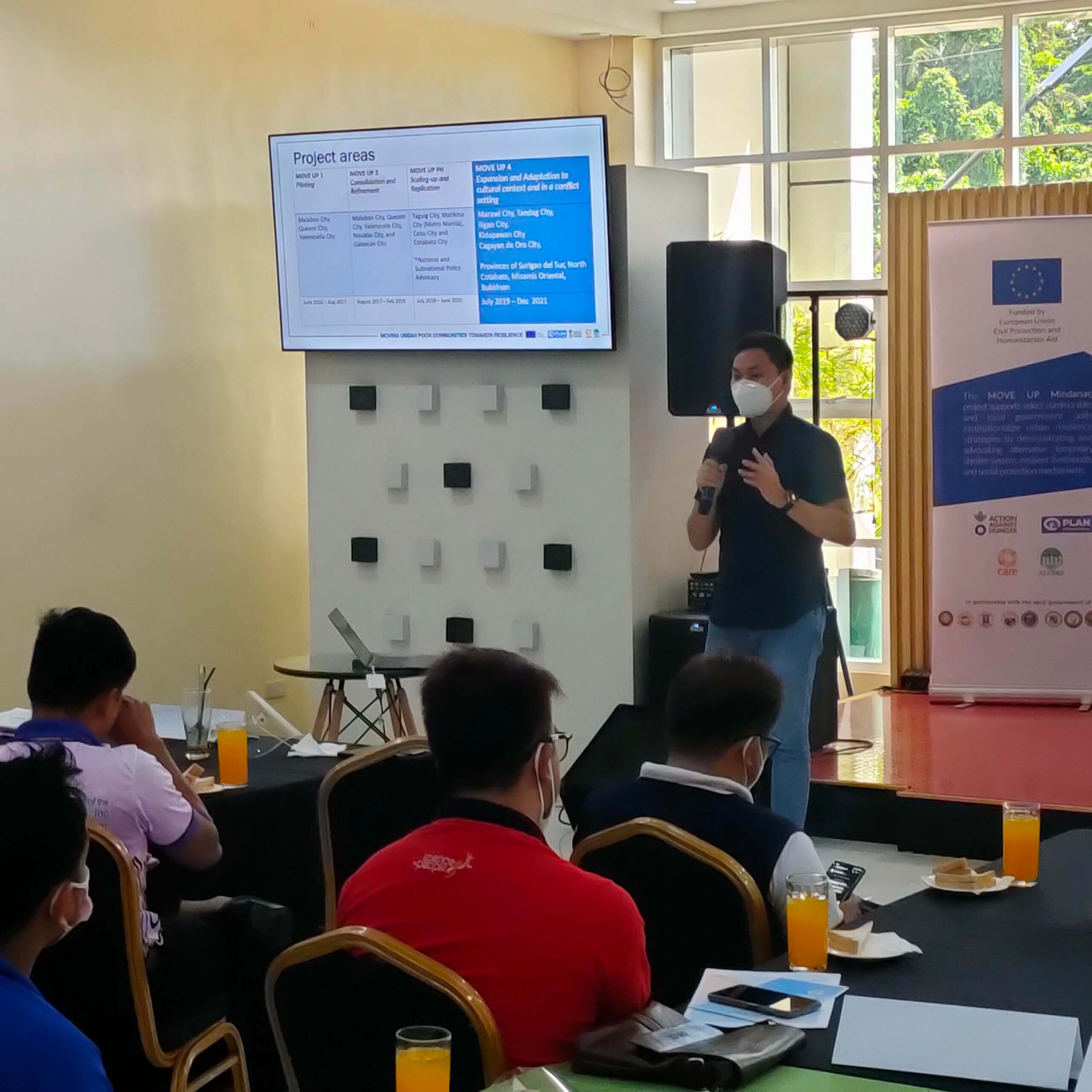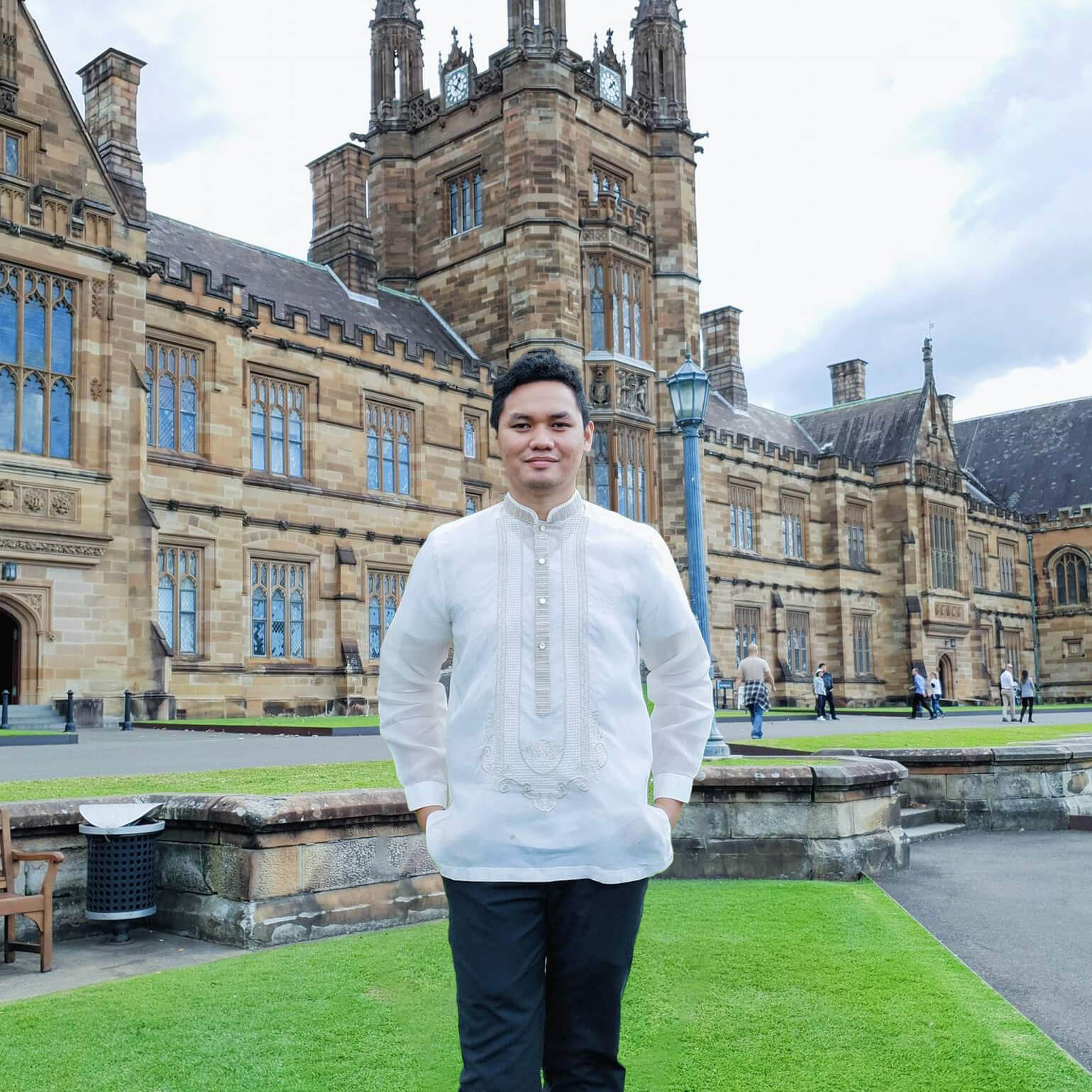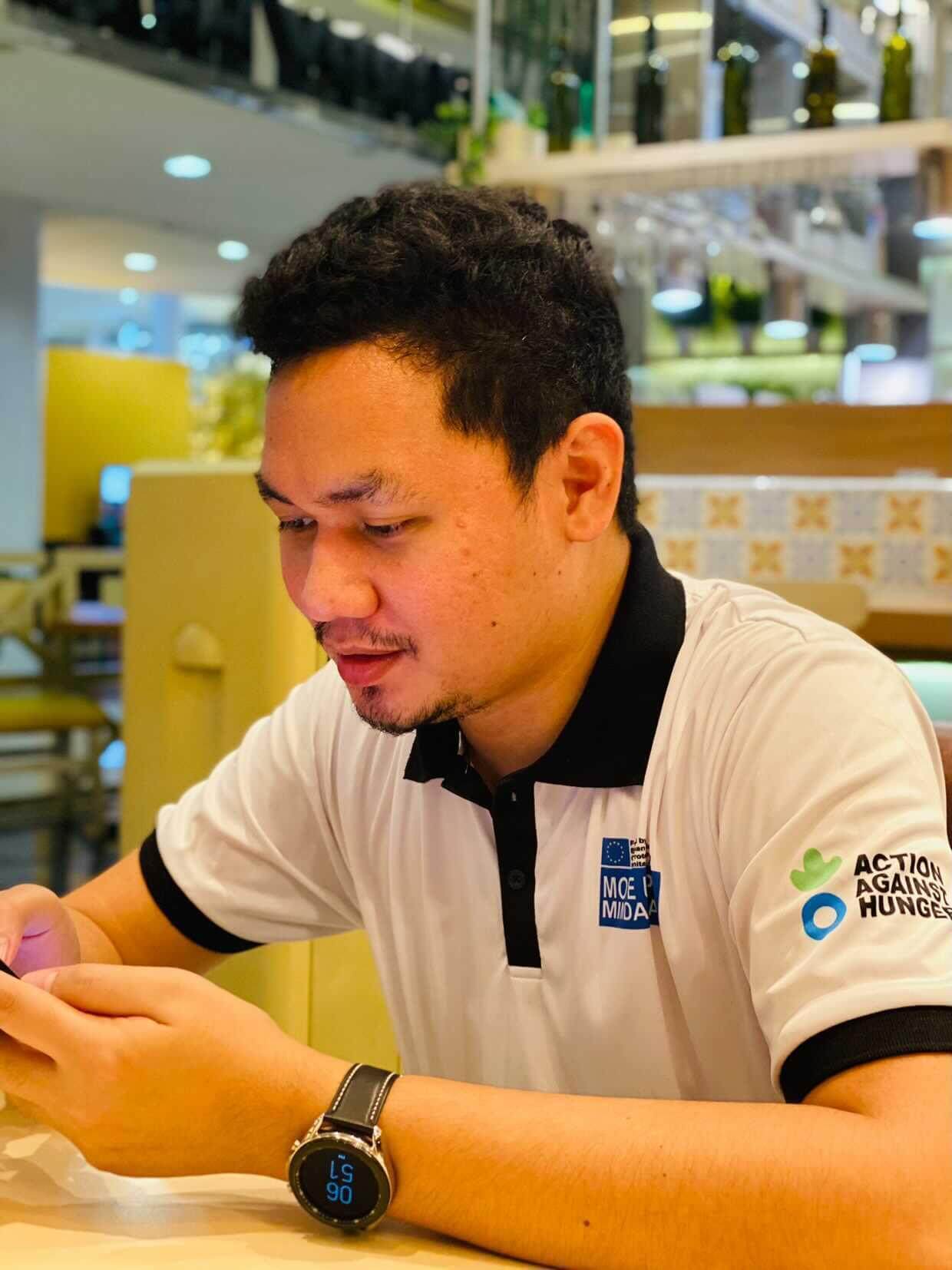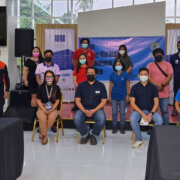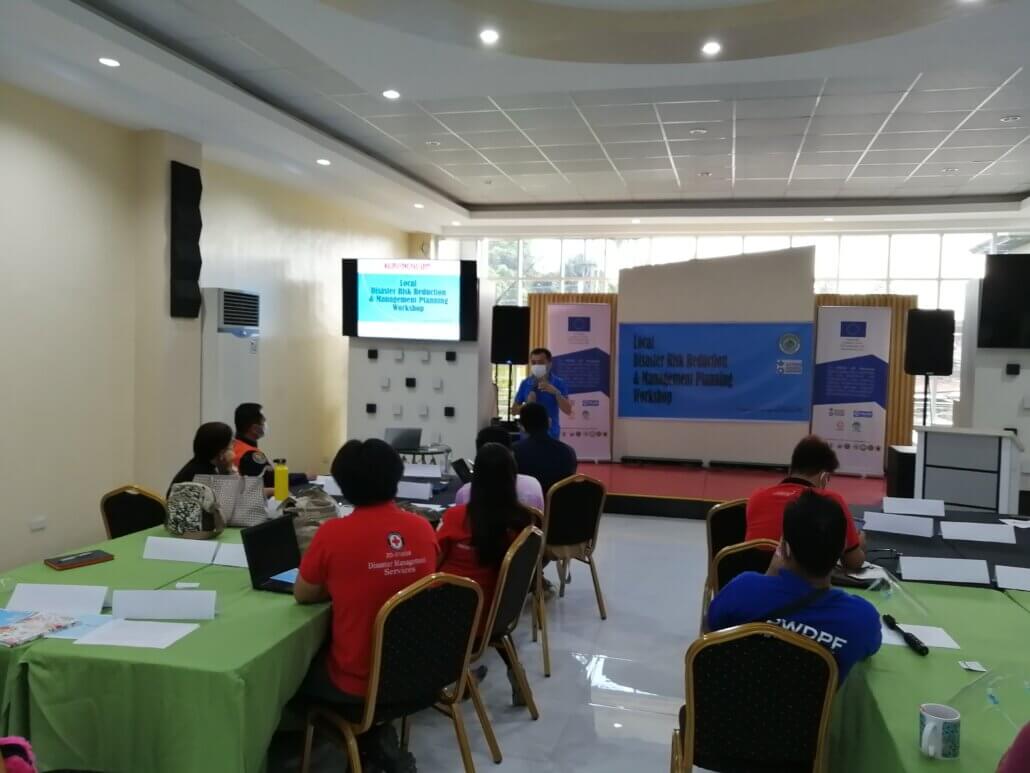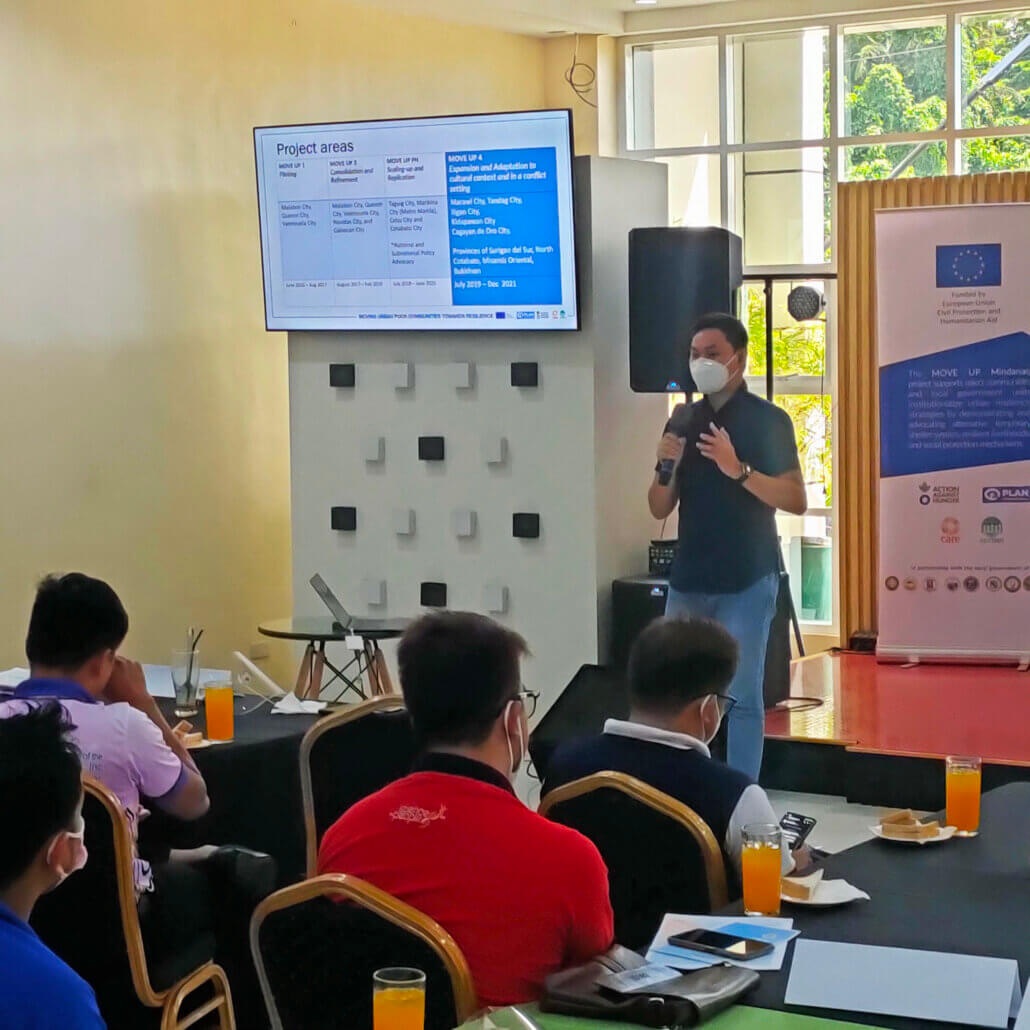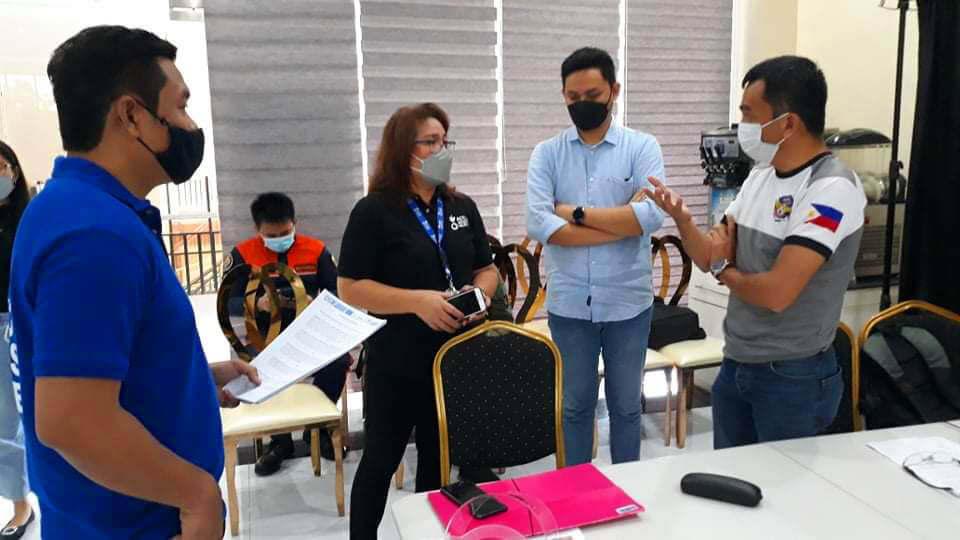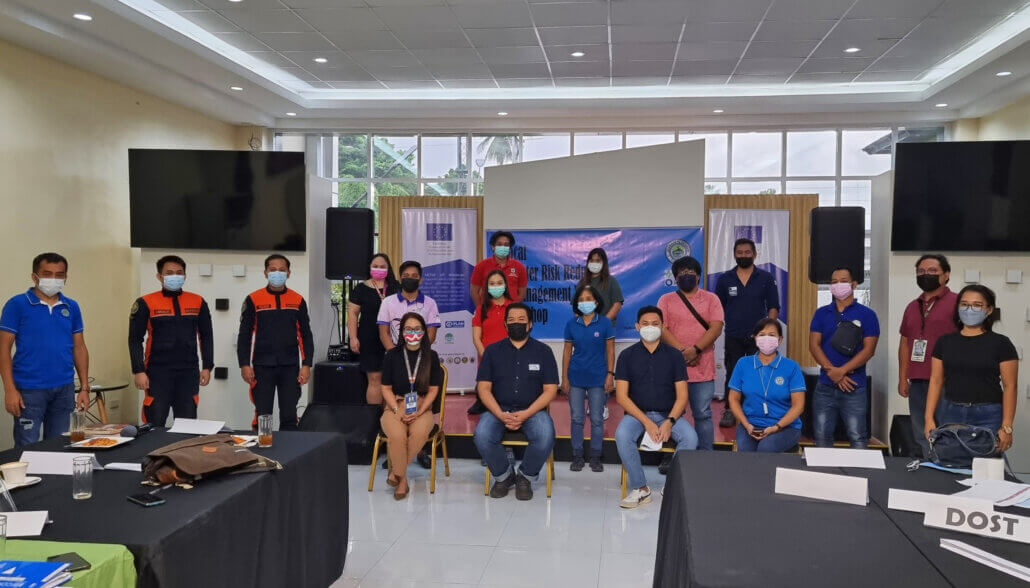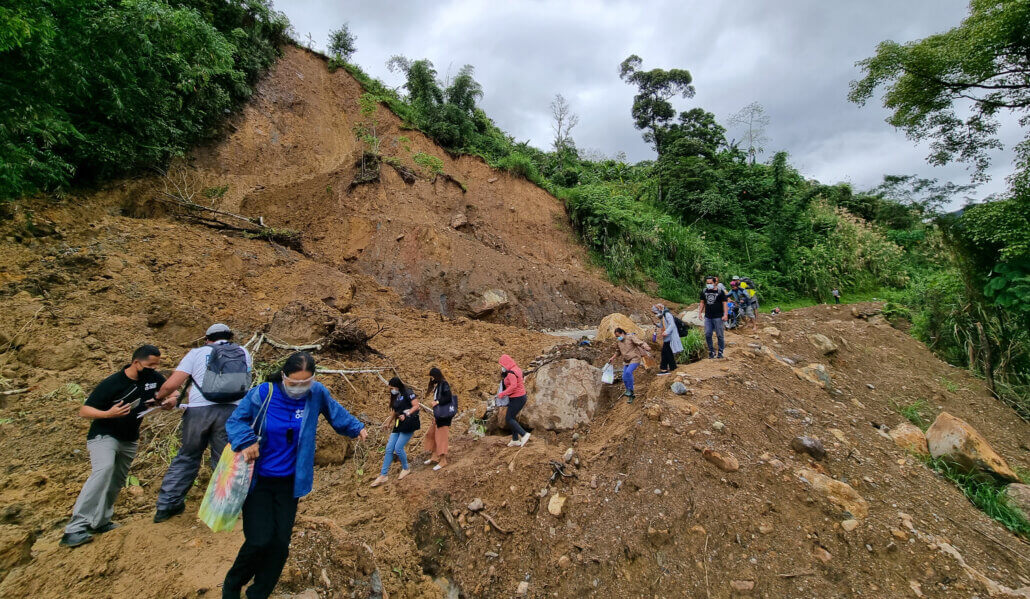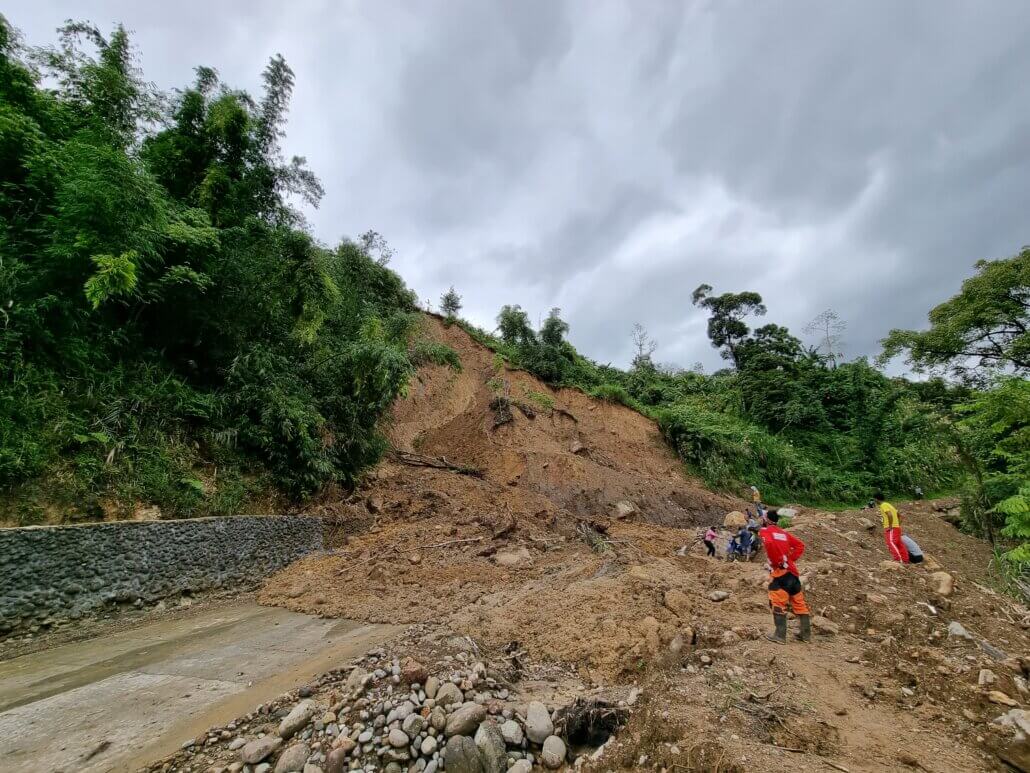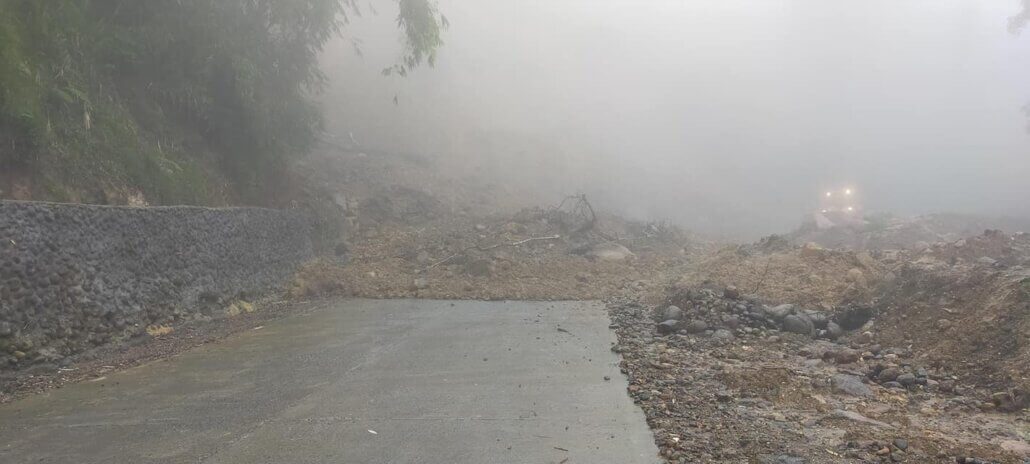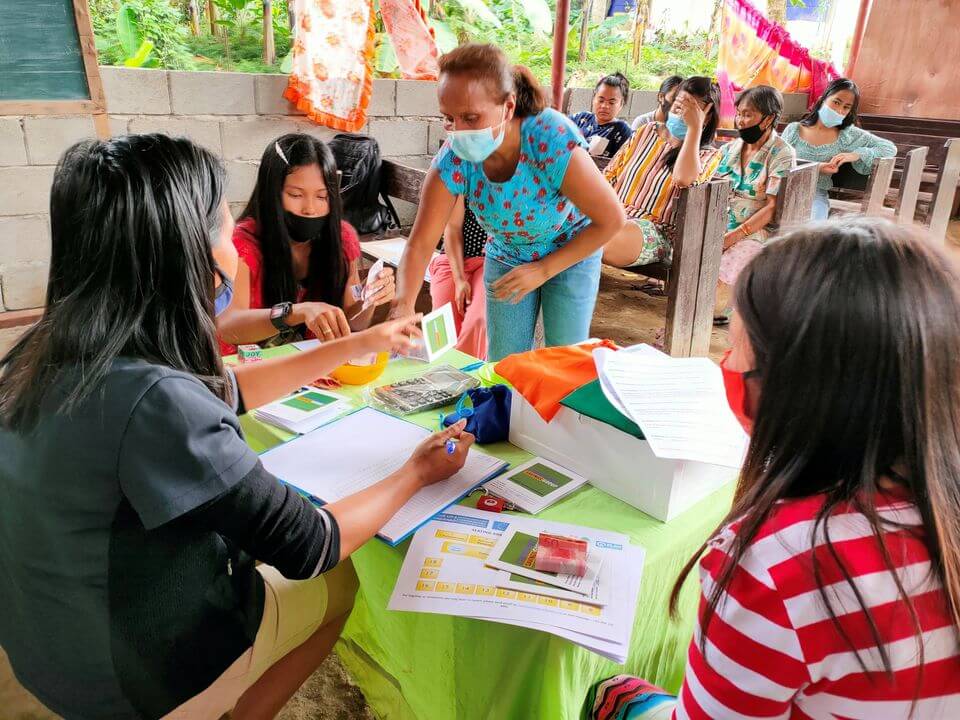PRESS RELEASE: Humanitarian organizations to launch Typhoon Odette photo exhibit in Siargao, highlight need of survivors
Press Release | August 13, 2022
Humanitarian organizations will be launching a photo exhibit in Siargao next week to raise awareness about the impact of Typhoon Odette (international name: Rai) and the concerted efforts of residents and various groups in rebuilding the affected communities.
The photo exhibition dubbed “The Last Mile,” which will open on August 15, 6 p.m. at the Siago Beach Resort in General Luna, Siargao Island, just a few days before the commemoration of the World Humanitarian Day (August 19).
The event is organized by non-government organizations and local government units working on the Typhoon Odette Response. The aim of the event is to urge the national government and other stakeholders to not forget those most vulnerable in times of disaster.
It will feature almost a hundred images captured by organizations who implemented the European Civil Protection and Humanitarian Aid Operations (EU-ECHO)-supported emergency response for the survivors of Typhoon Odette: ACCORD, Action Against Hunger, Care Philippines, Humanity & Inclusion, Initiatives for Dialogue and Empowerment through Alternative Legal Services (IDEALS) Inc., National Rural Women’s Coalition, Oxfam Pilipinas, Plan International, Save the Children Philippines, and Sentro para sa Ikauunlad ng Katutubong Agham at Teknolohiya (SIKAT) Inc.
European Union (EU) Ambassador to the Philippines Luc Veron will be giving a message at the opening event of the exhibit, followed by presentations by the participating organizations.
“We want to showcase these powerful images to show just how devastating typhoons are to marginalized and remote communities in the Philippines. We also want to show what we can do together to save lives and reduce the risks and impacts of disasters,” said Oxfam Pilipinas Country Director Lot Felizco.
“With climate change, we expect more intense typhoons to hit the Philippines. We hope the exhibit will also give people hope that something can be done and is being done to strengthen our communities against future disasters and to help them recover from Typhoon Odette,” she added.
CARE Philippines Country Director David Gazashvili said the exhibit will also show the achievements and challenges that residents and humanitarian organizations face eight months after the devastation of Typhoon Odette.
“The exhibit shows how the quick and substantial funding from the EU-ECHO, the power of communities, women and men, boys and girls working together and collaborating with humanitarian actors have effectively addressed urgent humanitarian needs, especially of those who need the most assistance. But it also brings to the surface the challenges of prioritizing disaster-preparedness, risk reduction, and climate change mitigation and adaption,” he added.
EU-ECHO’s funding of the Typhoon Odette emergency response has enabled the provision of emergency services to almost half a million individuals in Bohol, Cebu, Dinagat Islands, Southern Leyte, Negros Occidental, Palawan, and Surigao del Norte through the implementation of two consortia: one led by CARE, with ACCORD Inc., National Rural Women’s Coalition, Plan International, and Action Against Hunger; and another led by Oxfam Pilipinas and jointly implemented by Save the Children and Humanity & Inclusion (HI), together with local partners SIKAT Inc. and IDEALS Inc.
The joint efforts of the groups resulted in the distribution of food and livelihood assistance to 70,643 individuals; water, sanitation and hygiene packs for 75,394; protection assistance for 147,549; shelter provision for 72,902; health services for 68,317; and “education in emergency” assistance for 41,205.
Besides attending the photo exhibit, the EU ambassador will also be visiting Pilar in Siargao Island to observe EU-ECHO-funded activities such as the “Education in Emergency” component of the project in Caridad Elementary School. As part of the Typhoon Odette Emergency Response, the school’s teachers received training, supplies and a multi-purpose learning space where “return to learning” sessions are being held. The consortium also assisted in the construction of the multi-learning space and the repair of the damaged classrooms, which will also be turned over next week
For the coming months, the groups will continue to provide the same support for the most affected communities in Bohol, Cebu, Dinagat Islands, Southern Leyte, Negros Occidental, Palawan, and Surigao del Norte.
FOR MEDIA INQUIRIES AND COORDINATION:
Kristine Sabillo Guerrero | Senior Officer for Media and Digital Influencing, Oxfam Pilipinas
0917 569 1449


